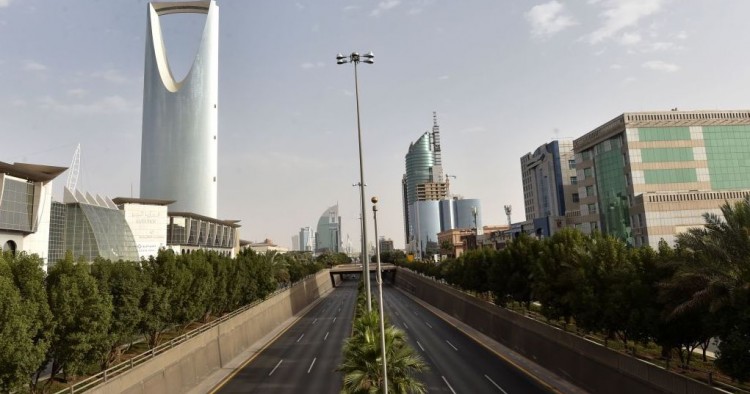The Saudi leadership foresaw that 2020 would be the year that cemented the kingdom’s place as a global leader politically, socially, and economically. As this year’s chair of the influential Group of 20 global powers, the Saudis tabled an ambitious agenda to demonstrate the breadth of their influence. The Saudi role as the dominant player in global energy markets appeared secure. Meanwhile, the government re-doubled efforts to bring to a conclusion its costly intervention in the Yemen civil war and mitigate the ongoing tension with neighboring Qatar.
Instead, the kingdom has confronted a series of setbacks that have raised significant problems both domestically and abroad:
-
Coronavirus cases in the kingdom have soared to over 40,000 with more than 250 deaths reported;
-
The oil price war it launched targeting Russia and, secondarily, U.S. domestic producers combined with a global oil glut drove prices to near-record lows and boomeranged politically on Saudi leadership;
-
Efforts to stabilize the situation in Yemen and allow for a Saudi withdrawal have failed to yield fruit as the Houthis rejected Saudi cease-fire offers and the situation in the south continued to deteriorate; and
-
Trump administration anger over Saudi oil market machinations shook a key pillar of Saudi political and security policy.
In response to the quadruple whammy, Saudi leadership has struggled to steady the situation. They quickly rejected moves by the secessionist Southern Transition Council in Yemen and demanded that they “end escalatory actions” there. Their retreat on the oil price war, amid some optimism on the demand side, appears to have stabilized the market and restored pricing to the $30 per barrel range, which nonetheless remains far below Saudi budgetary requirements. In its latest move, the government announced a series of austerity measures on May 10, tripling its value added tax and cutting a cost-of-living allowance for government workers while reallocating funds for health care and aid to businesses struggling under the impact of the coronavirus pandemic.
Problems with the Trump administration, whose strong support for the kingdom had served as the key foreign policy achievement of Crown Prince Mohammed bin Salman, remain unresolved as the sudden announcement that the U.S. would remove Patriot missile batteries from the kingdom reopened questions about Trump’s alleged threat to end U.S. security support over the oil price war. Although the U.S. denied the link, nevertheless, a perceived lessening of its security umbrella would leave the Saudis far more vulnerable regionally and could force additional Saudi policy adjustments.
Amb. (ret.) Gerald Feierstein is senior vice president at MEI. The views expressed in this piece are his own.
Photo by FAYEZ NURELDINE/AFP via Getty Images
The Middle East Institute (MEI) is an independent, non-partisan, non-for-profit, educational organization. It does not engage in advocacy and its scholars’ opinions are their own. MEI welcomes financial donations, but retains sole editorial control over its work and its publications reflect only the authors’ views. For a listing of MEI donors, please click here.













